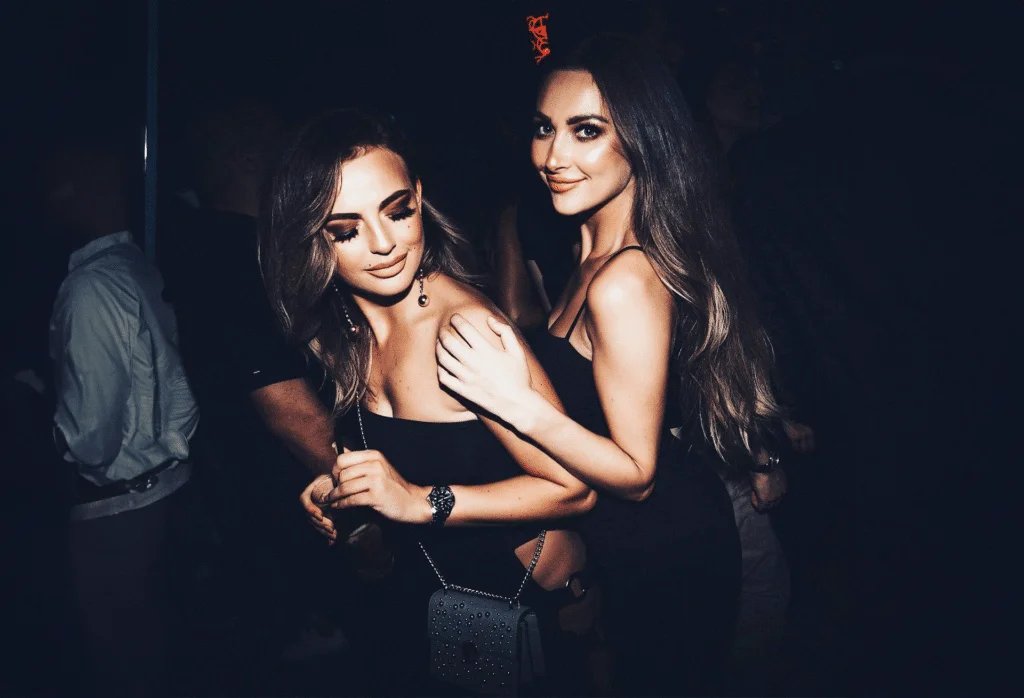There’s something electric in the Dubai air again. After two years of muted evenings and closed doors, Dubai’s Nightlife Revival is in full swing — and you can feel it from JBR to Downtown. As someone who has spent years weaving between its rooftop bars, late-night lounges, and open-air dancefloors, I can tell you: the city hasn’t just bounced back. It’s reinvented the night.
I’ve watched Dubai’s nightlife shift over the past couple of years and honestly, it’s starting to feel like the old energy is coming back stronger. I remember nights in 2020–2021 when everything shut down early or felt half-empty — now the rooftops are packed again, the music’s louder, and people are staying out till sunrise without hesitation. Just last month I was at a spot in DIFC where the DJ switched from deep house to something more upbeat around midnight and the whole place erupted — strangers dancing together, tables pushed back, no one checking their phones. It’s not just the big venues; even smaller bars in JLT and Al Quoz are buzzing again with locals and expats mixing in a way that didn’t happen during the quiet years. If you haven’t been out recently, this is the moment — grab your friends, dress how you want, and go see it for yourself. The city’s awake again, and it’s actually fun to be part of it.

Before the lights dimmed
Before the pandemic, Dubai’s nightlife was a global talking point. Friends visiting from London, Beirut, or New York would marvel at the city’s energy — the champagne-fuelled terrace at White Dubai, the panoramic sunset-to-sunrise vibe of Zero Gravity, the eclectic beats at Soho Garden. These weren’t just venues; they were landmarks in their own right. DJs flew in weekly, bartenders remembered your drink order, and each night felt like a premiere.
Then 2020 happened. The music stopped. Dancefloors were silent. Curtains fell not because of last call, but because of global necessity. For a while, it seemed the magic might be lost. But Dubai isn’t a city that fades quietly.
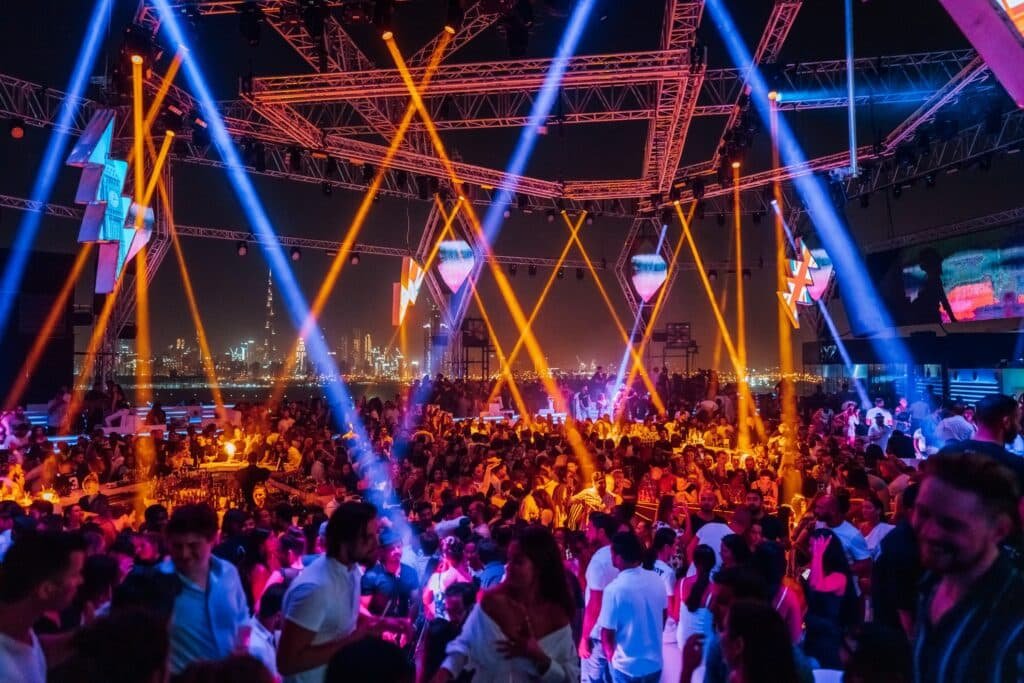
Rewriting the rules of the night
Today’s Dubai’s Nightlife Revival is proof that creativity thrives under constraint. The post-pandemic landscape is more curated, more intentional. We’re seeing spaces that don’t just sell drinks — they sell an experience worth dressing up for, talking about, and remembering.
Float Dubai is a perfect example. Anchored atop the Queen Elizabeth 2, it offers something no land-based venue can: a full view of the city and the Gulf in one sweeping glance. It feels like a place that shouldn’t exist — yet here it is, packed every weekend, marrying maritime history with bass-heavy soundtracks.
Sky 2.0, imported from Beirut’s legendary Skybar, has become a Dubai Design District icon in record time. It’s unapologetically futuristic, with a circular open-air layout that makes you feel like you’re partying in a sci-fi film.
And then there’s The Theater Dubai, where nightlife meets Broadway. You’re not just there to sip champagne; you’re watching aerialists, musicians, and dancers in a seamless spectacle that turns your evening into a story.
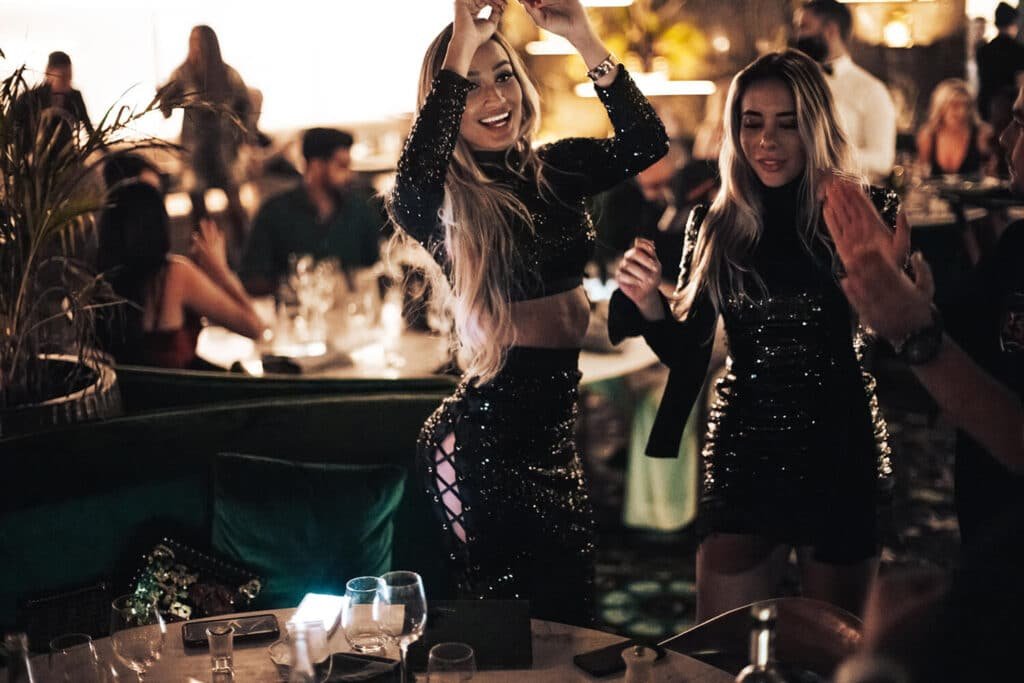
The return of the legends
Of course, no true revival would be complete without the return of the heavyweights. White Dubai, after its hiatus, has re-emerged sharper and slicker. It’s the sort of place where you can feel the hum of excitement from the lift ride up. The music, the skyline, the crowd — all perfectly in sync.
Soho Garden hasn’t just reopened; it’s expanded. Multiple zones, each with its own personality, make it as much a mini-nightlife district as a venue. Whether you’re there for deep house, live bands, or just a quiet shisha under the stars, it delivers without missing a beat.
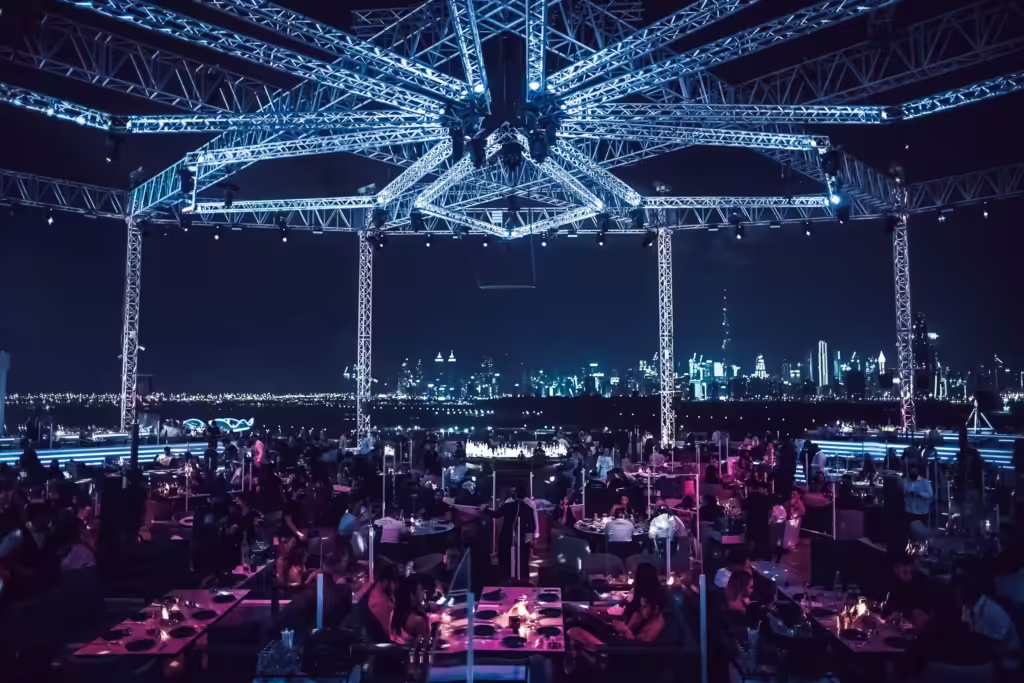
New habits, new spaces
One of the defining shifts of Dubai’s Nightlife Revival has been the embrace of open-air and rooftop settings. The pandemic made everyone crave fresh air, and venues like The Penthouse at FIVE Palm Jumeirah and CÉ LA VI have capitalised on this. These aren’t just about the views; they’ve turned the skyline into part of the show.
Then there’s the rise of live performance dining. Billionaire Dubai pairs its fine-dining menu with a rotating line-up of singers, acrobats, and cabaret acts. You might come for the wagyu, but you’ll leave talking about the fire-breathing act you didn’t expect to see between courses.
Sustainability has also made its way into the conversation. Newer venues are quietly ditching single-use plastics, redesigning lighting for lower energy use, and sourcing more locally — a sign that even luxury nightlife can think long-term.
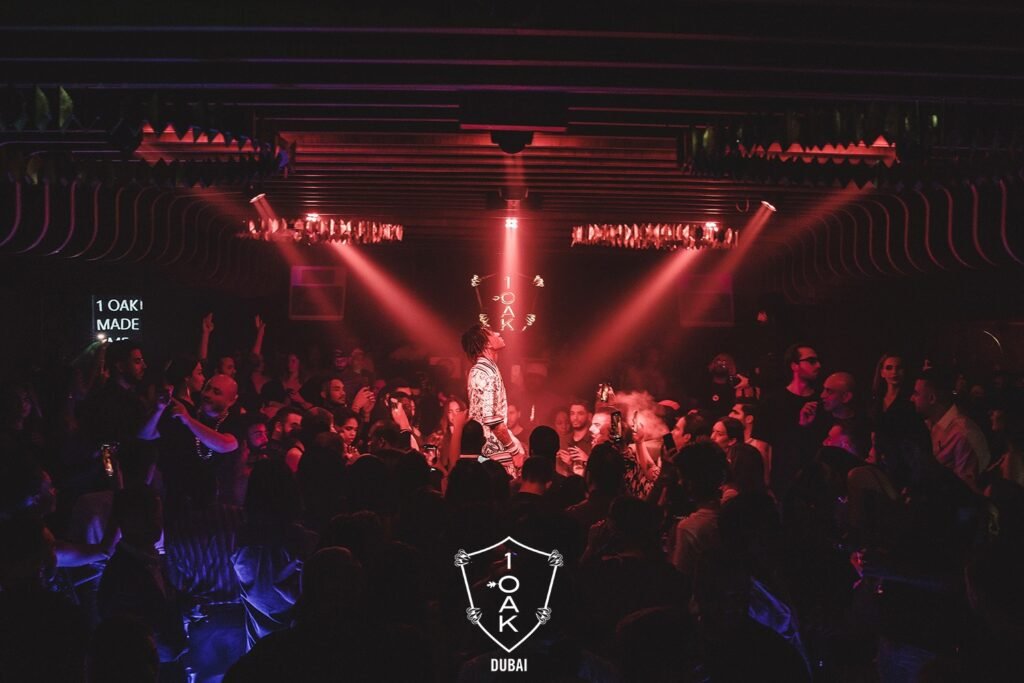
The bigger picture
This isn’t just a lifestyle revival; it’s an economic one. A thriving nightlife scene fuels Dubai’s hotels, restaurants, and tourism calendar. Big events like Expo 2020 may have ended, but their global visibility continues to draw visitors eager to see what’s next. The ripple effect is real — more bookings, more jobs, more international headlines putting Dubai at the centre of the world map.
And it’s not just tourists who benefit. Job creation in hospitality, event management, security, and entertainment is on the rise. For many, these roles aren’t just paycheques — they’re tickets into a dynamic industry that’s fast-paced, glamorous, and full of opportunity.
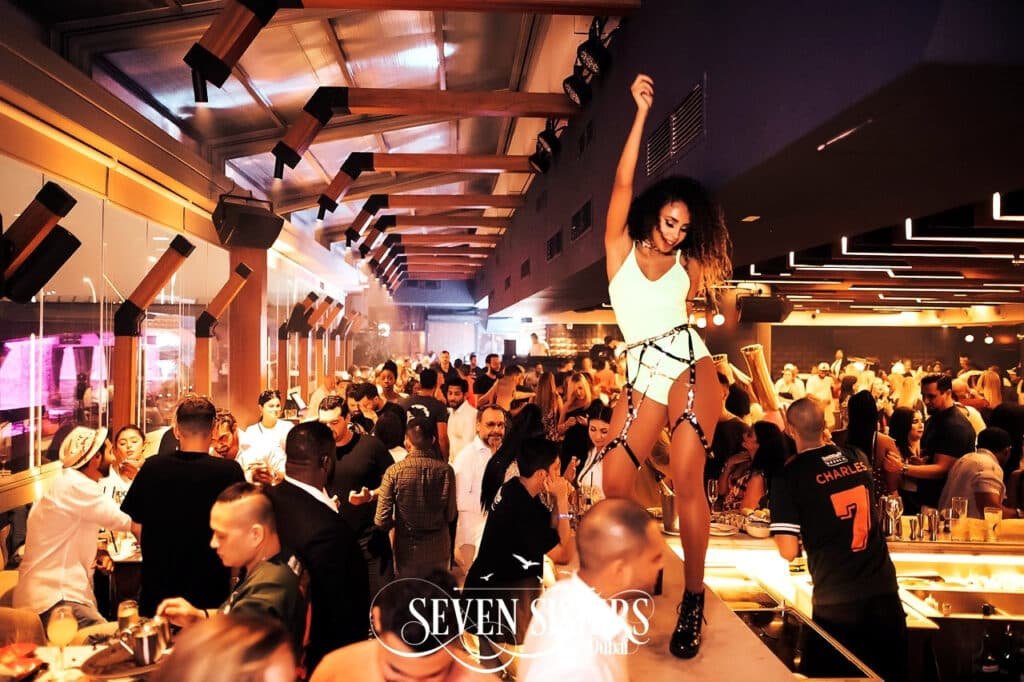
Voices from the scene
Ahmed Al Khaja, CEO of Dubai Festivals and Retail Establishment, summed it up perfectly when he told me: “Dubai’s nightlife scene is a testament to the city’s resilience and ability to innovate. The new and reopened venues reflect our commitment to offering world-class experiences while ensuring safety and sustainability.”
Meanwhile, regulars like Natalie Jacobs feel the difference on a personal level: “The city feels alive again. Every week, there’s something new — a launch, a theme night, a special act. It’s like rediscovering Dubai all over again.”

Why it matters
What makes Dubai’s Nightlife Revival more than just a passing trend is its ability to blend the familiar with the unexpected. It’s about knowing you can still dance at the venues you loved five years ago, but also discover a hidden lounge, a pop-up jazz night, or a DJ set under the stars.
This revival isn’t about going back to how things were; it’s about moving forward with style. It’s Dubai proving, once again, that it can take global challenges and turn them into an excuse to raise the bar.
Frequently Asked Questions
A mix of global DJ bookings, relaxed regulations, and new luxury venues has sparked a renewed interest in Dubai’s nightlife scene.
Venues like Terra Solis, Soho Garden Palm, and Boom Room have played key roles in elevating Dubai’s clubbing experience.
Yes. Dubai is increasingly attracting international acts, especially in house and electronic music genres, fuelling nightlife growth.
Absolutely. With better promotion, concierge services, and ticketed events, tourists can easily navigate and enjoy Dubai’s club scene.
The current nightlife is more refined, international, and inclusive, with a focus on premium experiences and diverse music offerings.



